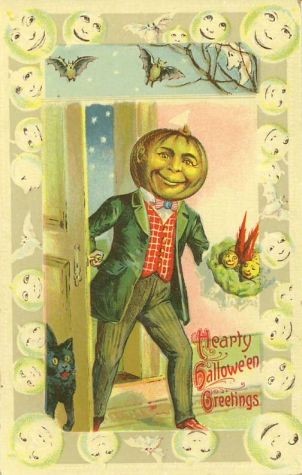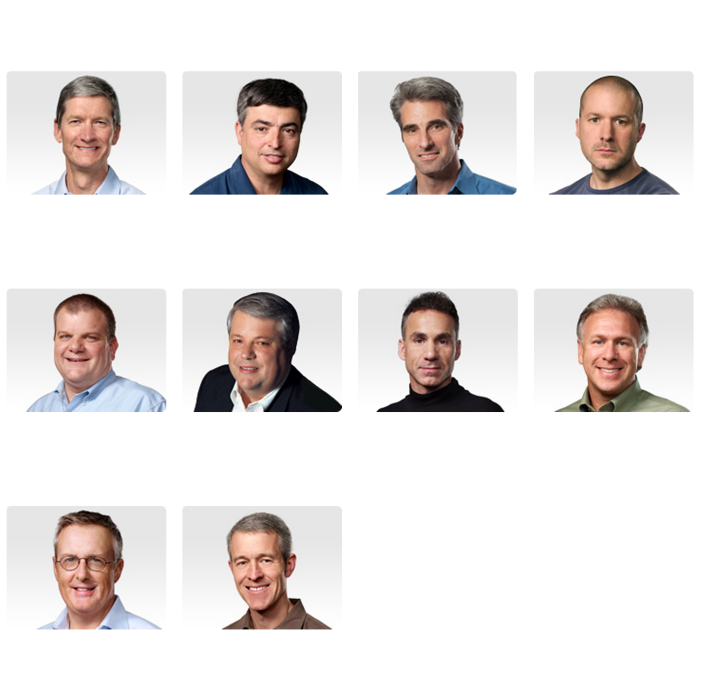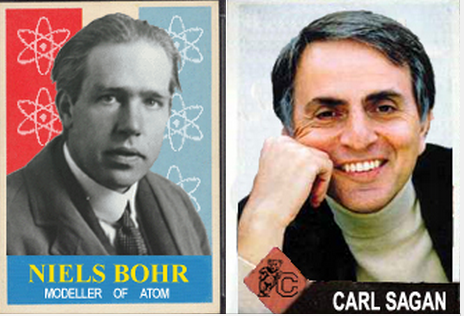After the storm is over
 Millions of people and organizations continue to deal with the after-effects and devastation caused by Hurricane Sandy. From the personal tragedies - a number of incredibly unfortunate deaths, injuries, loss of property, business interruptions; to the larger, more macro items like getting air travel resumed, major city mass transit restored, and determining if indeed the superstorm will effect next week's election, the storm will have a lasting and historical impact.
Millions of people and organizations continue to deal with the after-effects and devastation caused by Hurricane Sandy. From the personal tragedies - a number of incredibly unfortunate deaths, injuries, loss of property, business interruptions; to the larger, more macro items like getting air travel resumed, major city mass transit restored, and determining if indeed the superstorm will effect next week's election, the storm will have a lasting and historical impact.
For many organizations in the Eastern part of the country, one of the residual effects has been not just damage to facilities, but also and variously, lack of power or other essential services, the inability for many employees to safely commute to the workplace, and the need for many employees to have significantly increased flexibility as they deal with the storm themselves, (take care of their property, stay home with school-age children, etc.). The fallout from the storm will continue for a while certainly, but eventually things usually return to 'normal'. Offices will re-open, the subways will resume running, kids will go back to school, etc., but for now, many organizations are kind of in a odd middle-ground between full operations and complete shutdown. Where possible, employees are being encouraged, sometimes even directed, to work from home, and are also being supported in their efforts to ensure their homes, families, and property are being attended to in this time of crisis.
In this time of natural disaster, both organizations and employees are being forced to think about work, the workplace, individual needs and responsibilites at home, and the relationships among them very, very differently. And I imagine most organizations, even if they did not have an articulated plan for dealing with a crisis of this magnitude, will eventually emerge in about the same place as they entered. It may take some time to repair damage to facilities, sales might be depressed for a bit as customers have their own issues to deal with, but pretty soon the clean-up will progress to a point where the storm will be behind us, and 'normal' will resume.
But the larger question I think is whether incidents like the recent storm will have a lasting impact on the way that many organizations think about work, how and where it is done, and the needs of their workforces, not just in crisis, but all year long.
This isn't one of those horrible 'What can we learn about work from Hurricane Sandy' articles. Those are dreadful.
But rather this is just an acknowledgement that in these incredibly trying times for so many people and organizations we can see where necessity has brought out and shone a light on the best attributes of our nature. Whether it was health care professionals going to extraordinary measures to care for their patients, first responders (again) risking their own safety to protect life and property, and the innumerable businesses that have exhibited care, concern, and compassion for their teams - we are left with much to reflect upon.
Let's hope that after the storm has passed and the roads are clear, that we can take some time to think about how we can best continue to care for and support each other not just when unprecedented disaster strikes, but in the normal, mundane, and largest part of our lives.
I hope everyone reading this is safe and warm and can even manage to have a Happy Halloween.

 Steve
Steve



